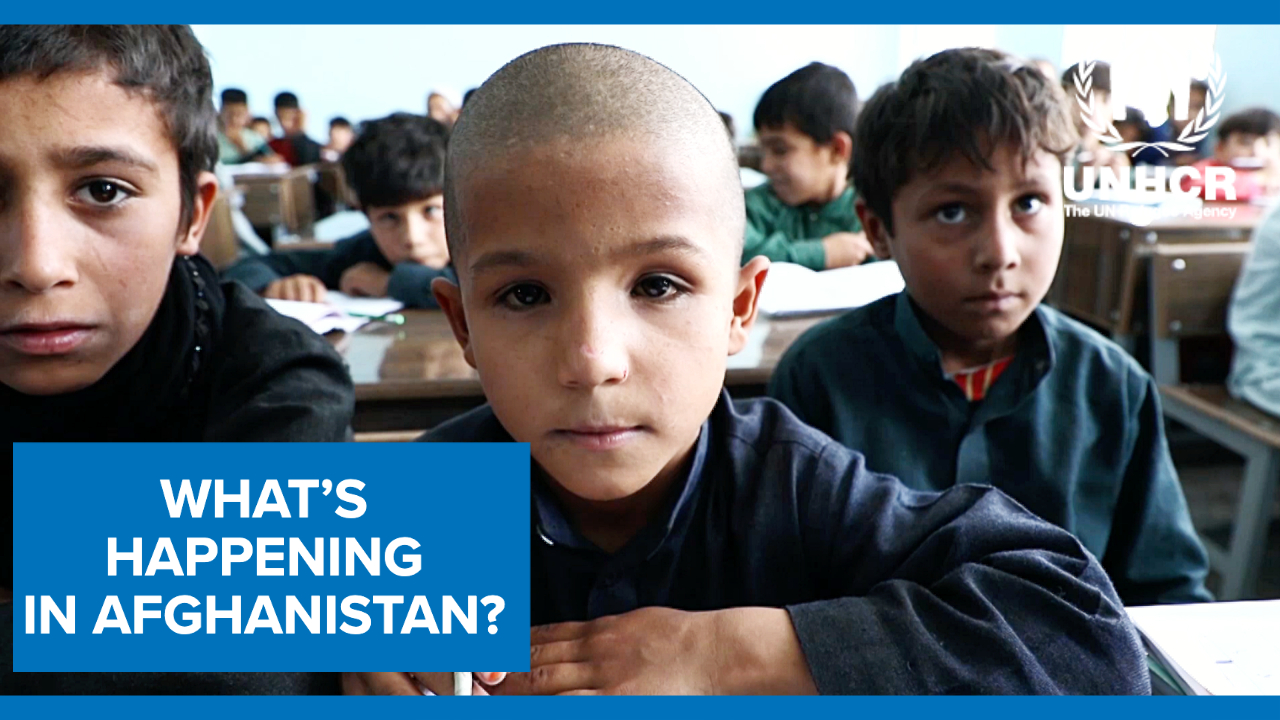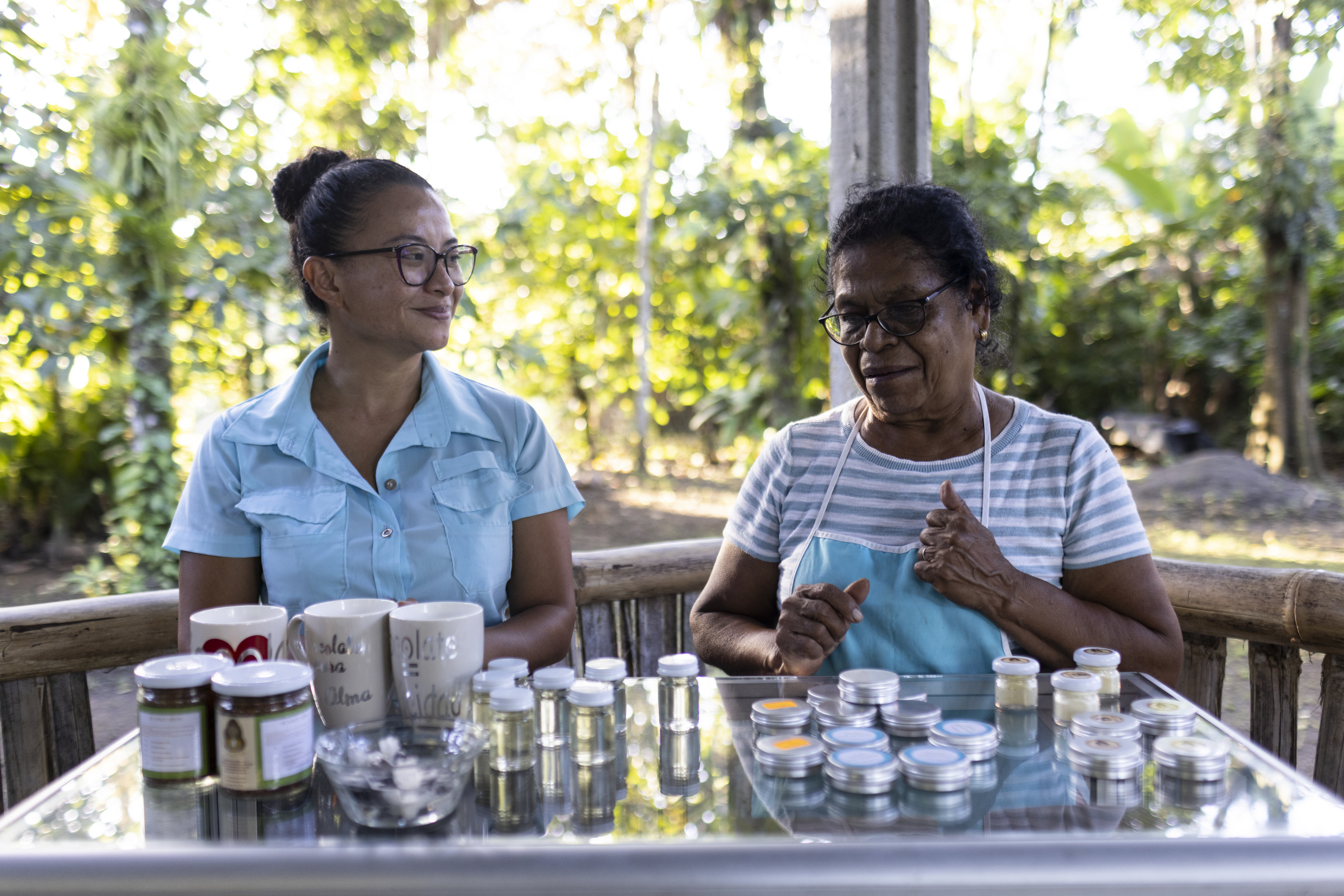Somali refugee wins US State Department award for courage
Somali refugee wins US State Department award for courage

DADAAB, Kenya, January 30 (UNHCR) - A young Somali refugee has been honoured with a prestigious United States government award for her courageous work in fighting for the rights of women and girls in a Kenyan refugee camp.
Farhiyo Ibrahim Farah is one of 10 recipients of this year's International Women of Courage Award. The 25-year-old is recognized for her work in Dadaab refugee camp, where she promotes an end to forced marriages and female genital mutilation, better treatment for rape victims and more education for Somali girls in her highly conservative and patriarchal society.
"I am more than happy. My expectation was less than this," said Farah, who will collect the award at a Washington D.C. ceremony in March. The annual courage award was established last year by US Secretary Of State Condoleezza Rice to recognize women around the world who have shown exceptional courage and leadership in advocating for women's rights and advancement.
The only African winner among this year's honorees has faced strong opposition from members of her community to her promotion of female rights in Dadaab, which is located close to the border with Somalia and houses some 170,000 mainly Somali refugees.
Dadaab's isolation in the arid north-east means exposure to the outside world is extremely limited and life in the camps is especially harsh for women, who have traditionally played a subordinate role to men in conservative Somali society.
But Farah doggedly carries on with her advocacy in the face of ostracism, buoyed, she said, by the dictum: "Whatever happens in life, one has to survive and life has to continue."
She believes that her community should be supporting - rather than stigmatizing - rape victims, single mothers, divorcees and widows. "Once a girl has a child out of wedlock the mother is hated by her parents, rejected by the community and thrown out of the house," Farah noted.
Due to travel restrictions imposed on refugees by the Kenyan government, Dadaab is the only world Farah knows. This makes her views on female empowerment - and her willingness to air them - all the more remarkable.
"Women have no say in decision-making, but I want to break the silence. I don't want the rights of girls to be dominated," said Farah, who in 2005 attended an emerging leadership programme in the western Kenyan town of Naivasha. It was the first time she had been allowed out of the camps.
Farah says she developed her ideas on female empowerment and the rights of women after her mother sent her to primary school in Dadaab, despite ridicule and criticism from members of the community. At the time boys outnumbered girls by 50 to one in the camp schools.
She skipped secondary school so that she could work for international non-governmental organization, CARE. Farah says people abused her and threw stones when she disseminated information about reproductive health. "I didn't care because I knew I had an important message for the community," she said.
But her most dangerous role has been as a campaigner for the elimination of female genital mutilation, which is widely practised in Somalia and other parts of Africa despite the grave health risks. Farah convinced her mother to spare her youngest sister the same pain and trauma that she herself underwent. Uncircumcised girls in the camps are targeted by the community.
Stephen Gacuchi, who worked closely with Farah at CARE, said he was impressed by her ability "to balance so many public roles, embrace causes and fight cultural battles, while also working as a social worker, peacemaker and counsellor." He added that she deserved the courage award "for being such a beacon of hope for Dadaab youth, Muslim girls and women."
Farah believes this recognition from the State Department will help her cause. "This is a good start to my mission and for African women, particularly refugee women and girls. I have a lot to share with the world," she said.









